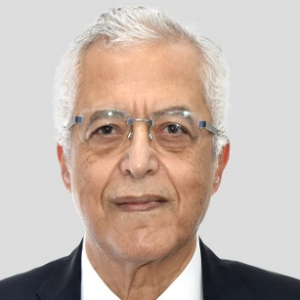Hyaline Cartilage Chondrocytes
Hyaline Cartilage Chondrocytes are specialized cells within hyaline cartilage, a type of connective tissue known for its smooth and glassy appearance. These chondrocytes are responsible for maintaining the structure and function of hyaline cartilage, which is found in various locations such as the joints, respiratory tract, and developing skeletal structures. Chondrocytes within hyaline cartilage are embedded in a dense extracellular matrix composed of collagen fibers, proteoglycans, and water. The matrix provides mechanical support, flexibility, and resilience to withstand compressive forces within joints and other structures. The primary function of hyaline cartilage chondrocytes is to maintain the cartilaginous matrix by synthesizing and secreting components such as collagen and proteoglycans. These cells also play a role in regulating the turnover of the matrix, balancing synthesis and degradation to ensure tissue homeostasis. Hyaline cartilage, with its chondrocytes, serves critical roles in joint lubrication, shock absorption, and maintaining the structural integrity of respiratory passages. Imbalances in chondrocyte activity can contribute to conditions like osteoarthritis, where cartilage degeneration occurs. Understanding the biology of hyaline cartilage chondrocytes is essential for developing therapies aimed at promoting cartilage repair and addressing conditions associated with cartilage degradation. Research continues to explore the molecular mechanisms governing chondrocyte function and the potential for regenerative approaches to treat cartilage-related disorders.

Nagy Habib
Imperial College London, United Kingdom
Lucie Bacakova
Institute of Physiology of the Czech Academy of Sciences, Czech Republic



Title : AI-integrated high-throughput tissue-chip for space-based biomanufacturing applications
Kunal Mitra, Florida Tech, United States
Title : Stem cell technologies to integrate biodesign related tissue engineering within the frame of cell based regenerative medicine: towards the preventive therapeutic and rehabilitative resources and benefits
Sergey Suchkov, N.D. Zelinskii Institute for Organic Chemistry of the Russian Academy of Sciences, Russian Federation
Title : In vitro evaluation of lyophilized Dedifferentiated Fat cells (DFAT) impregnated artificial dermis
Kazutaka Soejima, Nihon University, School of Medicine, Japan
Title :
Nagy Habib, Imperial College London, United Kingdom
Title :
Alexander Seifalian, Nanotechnology & Regenerative Medicine Commercialisation Centre, United Kingdom
Title : The regenerative medicine of the future
Marco Polettini, DVM, Italy